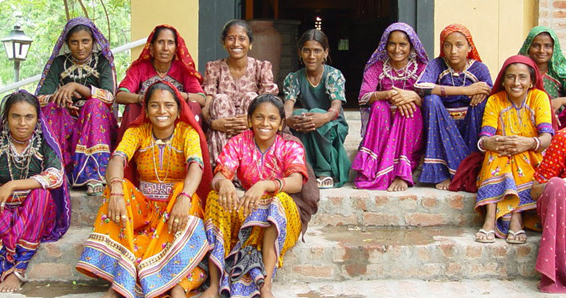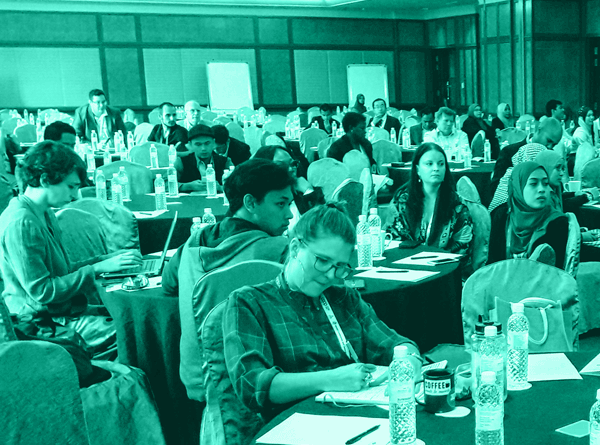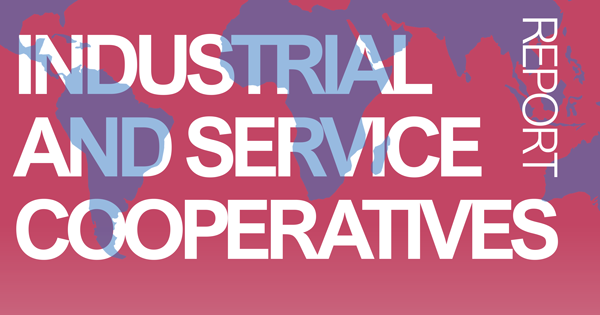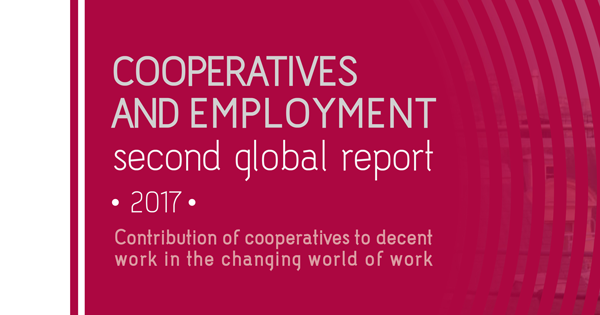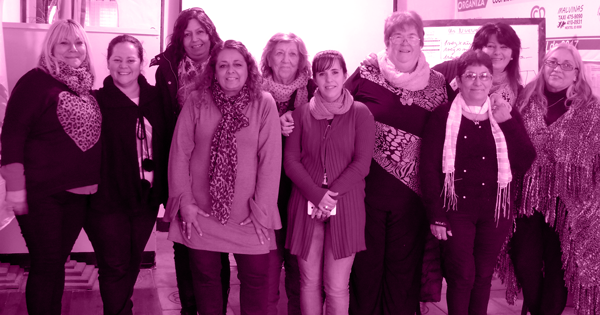Uganda MPs recognize cooperatives are key to attain social economic transformation
The Parliament of Uganda recognized the importance of cooperatives as a key actor to attain social economic transformation in the country. A budget for “the revival of cooperatives” should be allocated in 2018/2019.
Read More

